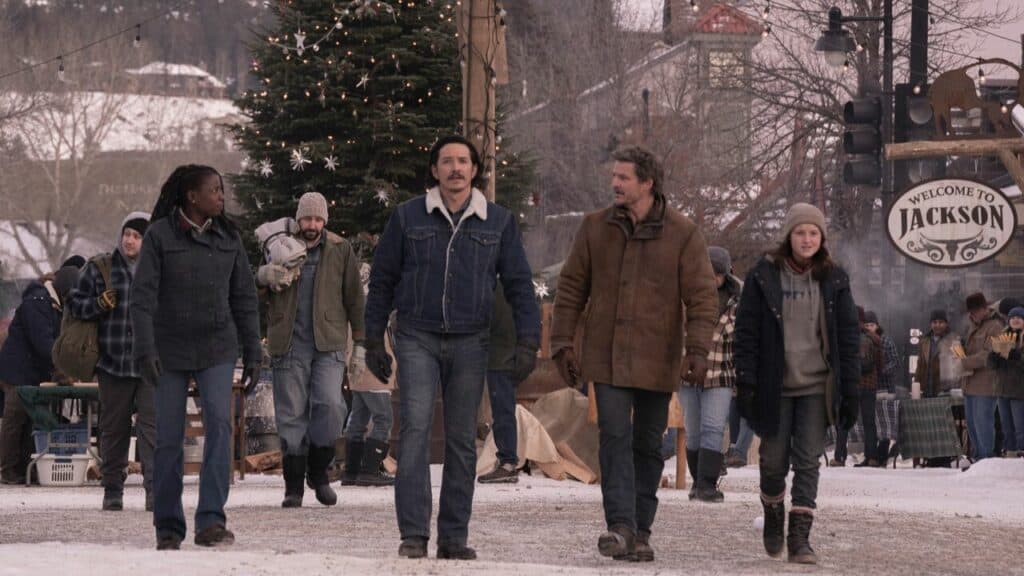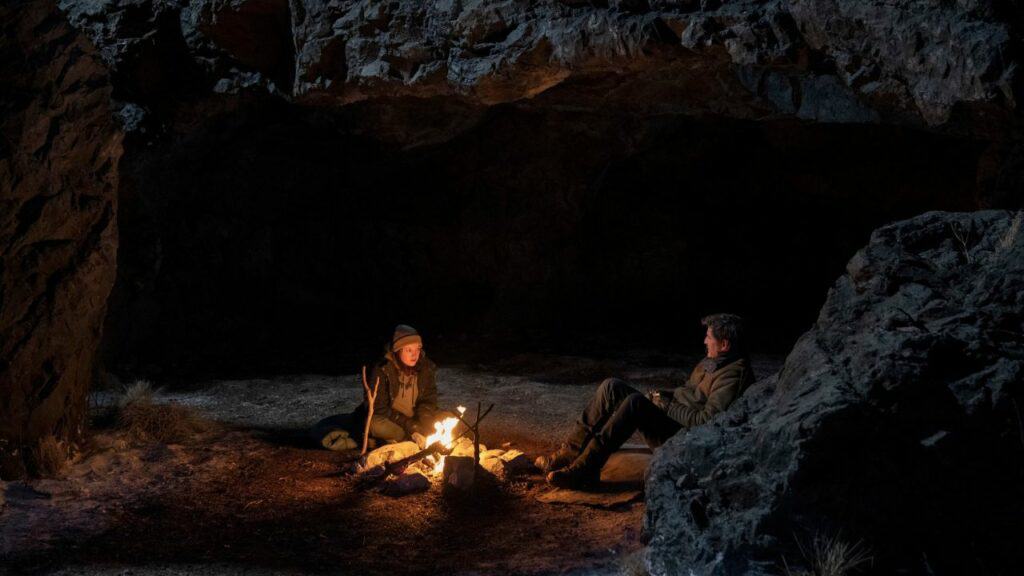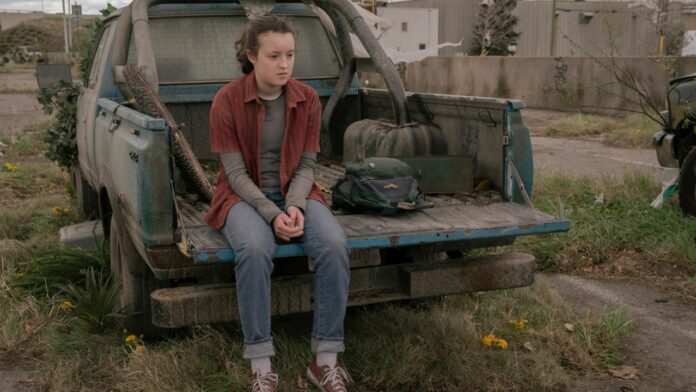The Last of Us intricately weaves a tapestry of social commentary, reflecting on pressing contemporary issues and the complexities of the human condition.
HBO’s The Last of Us, adapted from the renowned video game, is not just a tale of survival in a post-apocalyptic world; it is a rich tapestry of social commentary.
This article explores the various layers of social themes the series delves into, using its narrative and characters to reflect on contemporary issues.
The pandemic parallel
The premise of The Last of Us, centered around a devastating pandemic, naturally draws parallels to real-world events, especially in light of recent global health crises.
The show explores the impact of such a calamity on society, government, and individual freedoms.
It delves into the chaos and fear that ensue when a society is unprepared for a catastrophic event, mirroring real-world concerns about public health, preparedness, and response.
Survival and moral ambiguity
At the heart of The Last of Us is the theme of survival and the moral compromises it necessitates.
The series probes the ethical boundaries individuals and groups are willing to push in desperate times.

For example, the portrayal of various survivor groups, each with their own rules and moral codes, reflects the complexities of maintaining humanity and ethics in a world where survival is paramount.
Environmental concerns and nature’s reclamation
The series also comments on environmental issues. The overgrown cities and reclaimed landscapes serve as a visual reminder of nature’s resilience and the impact of human absence on the environment.
This portrayal subtly hints at the current environmental concerns and the need for sustainable interaction with our planet.
Social hierarchies and power dynamics
The Last of Us explores the reconstruction of social hierarchies and power dynamics in its new world.
The establishment of quarantine zones and the role of groups like the Fireflies reflect on the nature of power, resistance, and governance.
These elements act as a commentary on authoritarianism, rebellion, and the human quest for power and control, irrespective of the circumstances.
The human condition and emotional connectivity
Amidst its bleak setting, the series is a profound study of the human condition. The relationship between Joel and Ellie, for instance, highlights themes of paternal love, trust, and the innate human need for connection and protection.

This relationship, evolving amidst chaos, speaks to the fundamental human desire for emotional bonds and the lengths one would go to preserve them.
In conclusion: A mirror to society
The Last of Us is a compelling narrative that does more than entertain; it holds a mirror to society, encouraging viewers to reflect on a range of social issues.
From handling pandemics to the ethics of survival, environmental concerns, and the essence of human relationships, the series offers insightful commentary on the world we live in and the challenges we face.
Through its rich narrative and complex characters, HBO’s The Last of Us presents a multifaceted exploration of societal themes, making it not just a post-apocalyptic drama but a thought-provoking reflection on contemporary social issues.
Also Read: The humanization of the infected in The Last of Us

